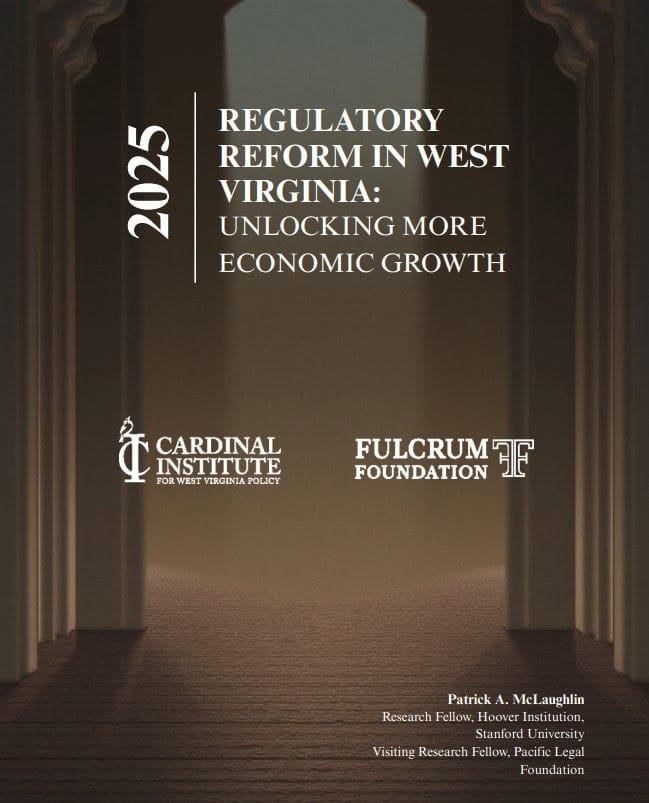
Occupational Licensure Impacts Opportunity
Cardinal Team
West Virginia Employment Is Languishing
Our unemployment rate of 4.9% is going down, but it’s still higher than our Appalachian neighbors. Our labor force participation rate is growing, but it’s still the lowest in the nation. While we’ve put in the hard work to achieve education reform and tax reform, there’s more we can do to make West Virginia a state full of opportunity. It’s time to examine West Virginia’s occupational licensure regime.
Occupational Licensure Is Part of the Problem
For decades, West Virginia’s occupational licensing laws have dictated who may or may not work. These laws also provide regulatory authority to boards that create unfounded obstacles for our state’s professionals to overcome. In the last 50 years, occupational licensure has expanded wildly from covering 5% of the workforce in 1950 to 30% today.
Occupational licensing laws force those who intend to work in areas like barbering, cosmetology, interior design, and more to receive permission from the government before they can legally work. According to the Institute for Justice, those who need a license to work can wait as long as a year to receive their license. These licenses often require completion compulsory education, taking at least one exam, and paying, on average, fees upwards of $250. Of course, individuals must pay (often out of pocket) for their training, exams, and fees (determined by the respective regulatory boards).
The common defense of licensure laws has traditionally been that consumers are unable to adequately judge for themselves whether providers are qualified to provide their service. However, licensing has proven to be a barrier to economic growth for states and individuals.
Of the studies reviewed by scholars at the Mercatus Center at George Mason University, 80% find that licensure harms minorities. Additionally, income inequality is greater in countries with increased barriers to entry. Wage inequality is 6% higher in licensed job markets than unlicensed ones.
Moreover, because licensure constrains competition and limits the supply of services, evidence that they increase safety or quality is slim to none. Naturally, there is an abundance of evidence that licensing also increases the prices that consumers pay.
States Are Reducing Licensure
On the bright side, since 2017, states across the country have eliminated more licenses than they have created.
West Virginia can take steps to do the same by:
- Eliminating licenses that are not proven to protect public health and safety.
- Guaranteeing that remaining licensing requirements are no more difficult than necessary.
- Rejecting implementation of new licenses that are not supported by evidence to protect health and safety.
It’s time to make working in West Virginia easier by reforming occupational licensing.
Jessica Dobrinsky Harris is a Policy Analyst for the Cardinal Institute for West Virginia Policy.
Learn more about Occupational Licensure.
Licensing Recognition in West Virginia Should Be Expanded
Occupational Licensure Stands in the Way Of Prosperity
Universal Occupational Licensing Recognition Promotes Worker Freedom







